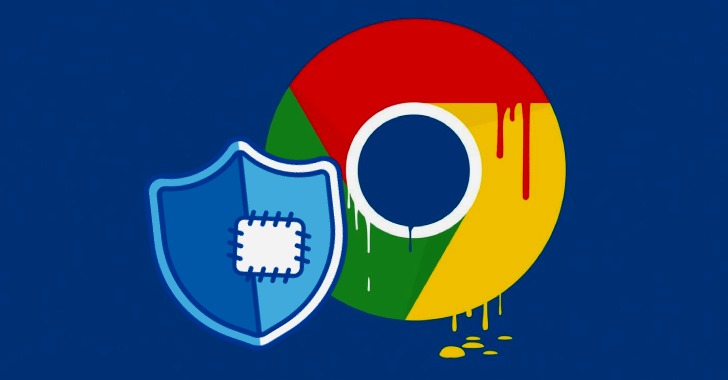From kitploit.com

Manuka is an Open-source intelligence (OSINT) honeypot that monitors reconnaissance attempts by threat actors and generates actionable intelligence for Blue Teamers. It creates a simulated environment consisting of staged OSINT sources, such as social media profiles and leaked credentials, and tracks signs of adversary interest, closely aligning to MITRE’s PRE-ATT&CK framework. Manuka gives Blue Teams additional visibility of the pre-attack reconnaissance phase and generates early-warning signals for defenders.





